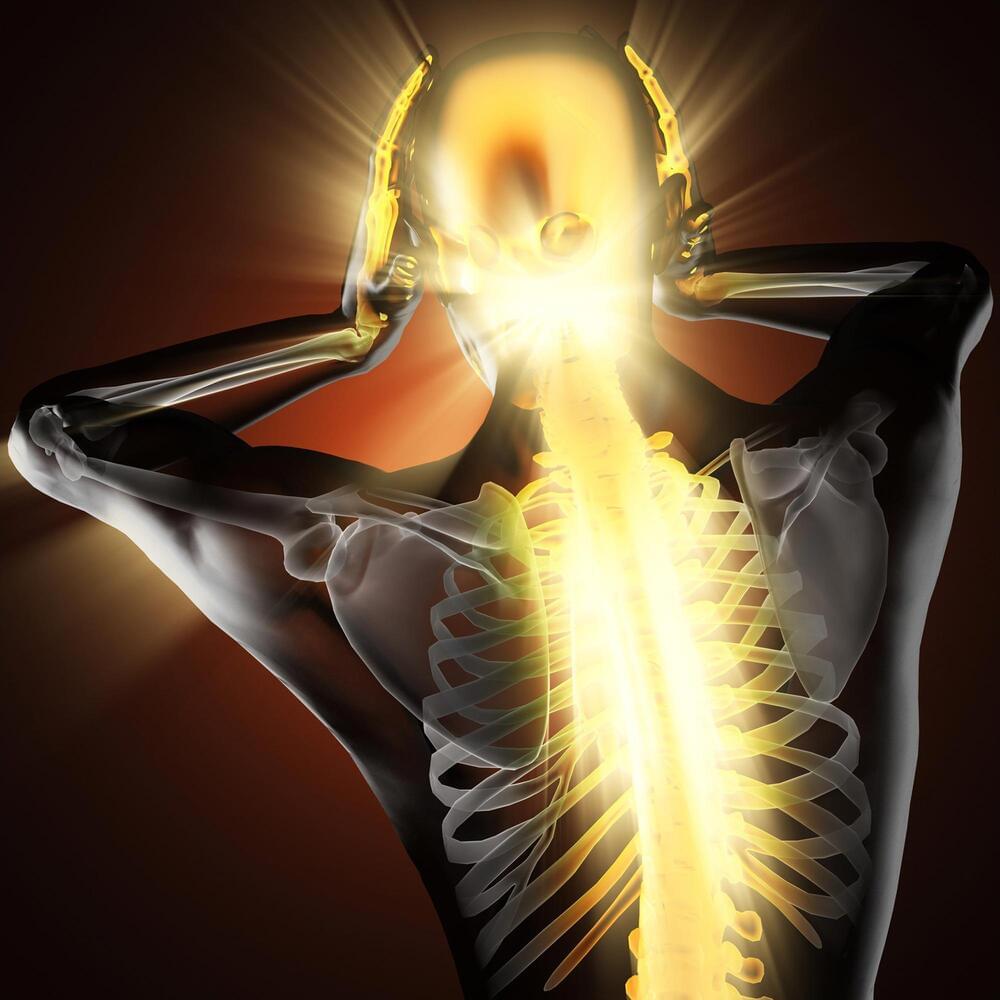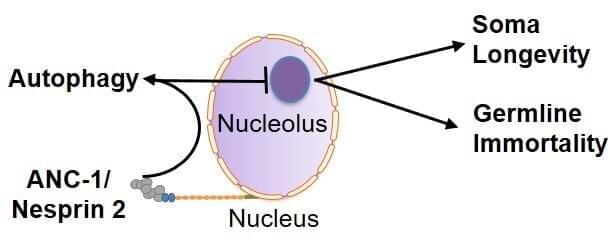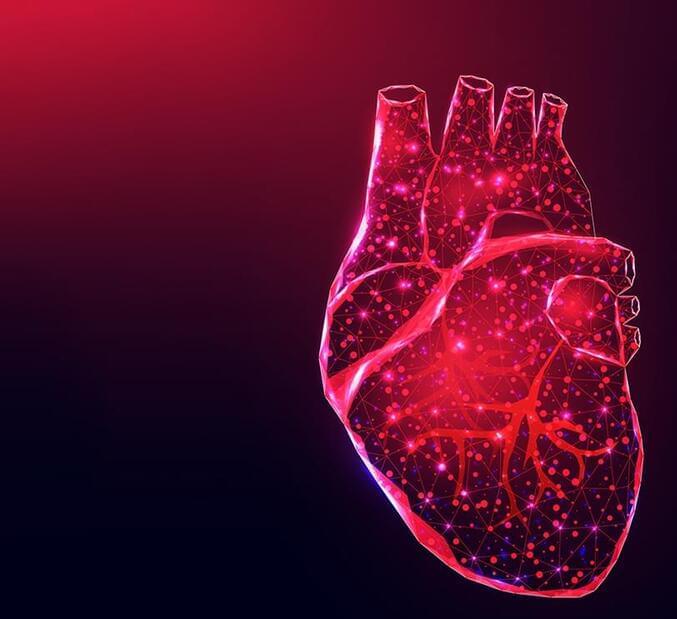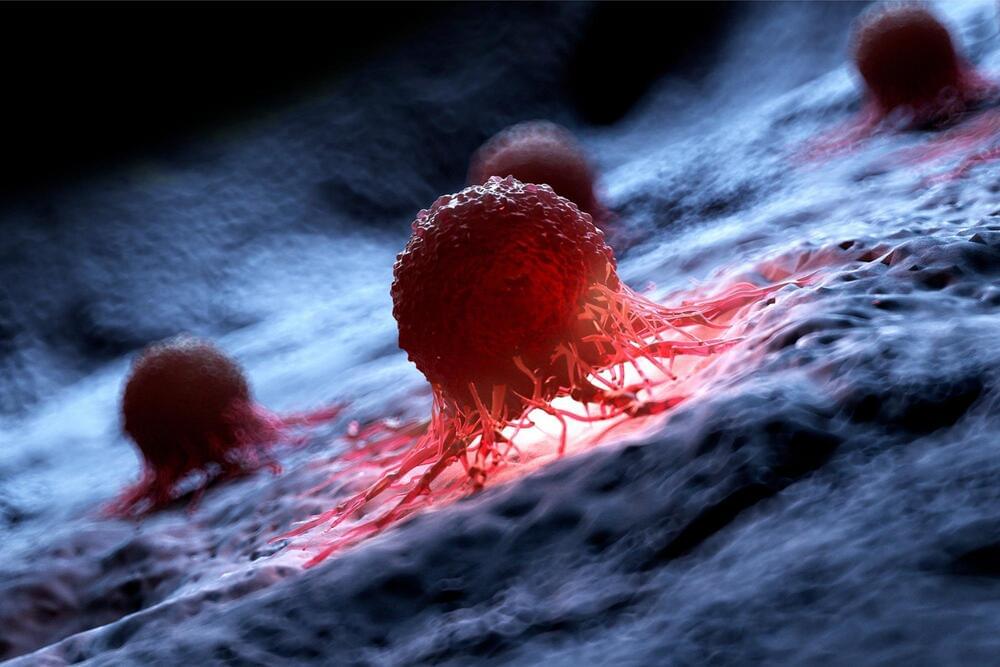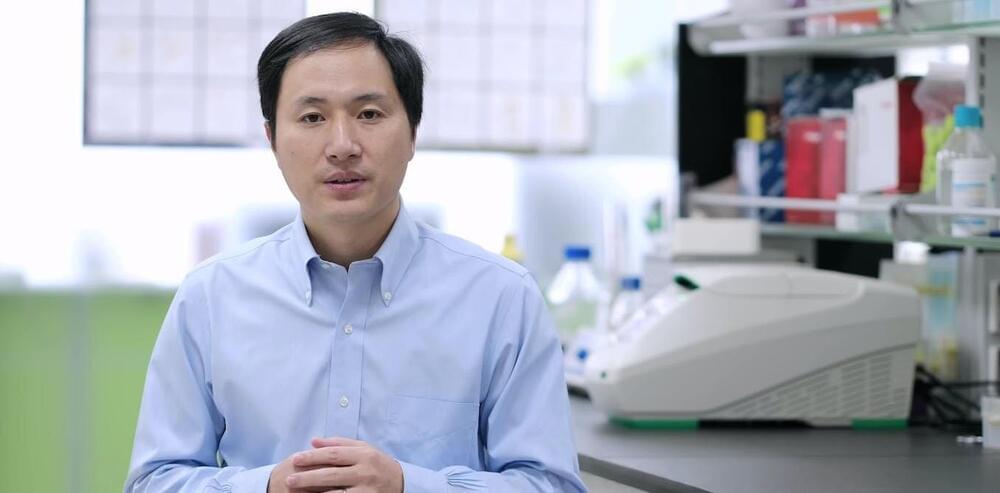Gate’s team of scientists observed genetic changes in the CSF immune cells in older healthy individuals that made the cells appear more activated and inflamed with advanced age.
“The immune cells appear to be a little angry in older individuals,” Gate said. “We think this anger might make these cells less functional, resulting in dysregulation of the brain’s immune system.”
In the cognitively impaired group, inflamed T-cells cloned themselves and flowed into the CSF and brain as if they were following a radio signal, Gate said. Scientists found the cells had an overabundance of a cell receptor — CXCR6 — that acts as an antenna. This receptor receives a signal — CXCL16 — from the degenerating brain’s microglia cells to enter the brain.
